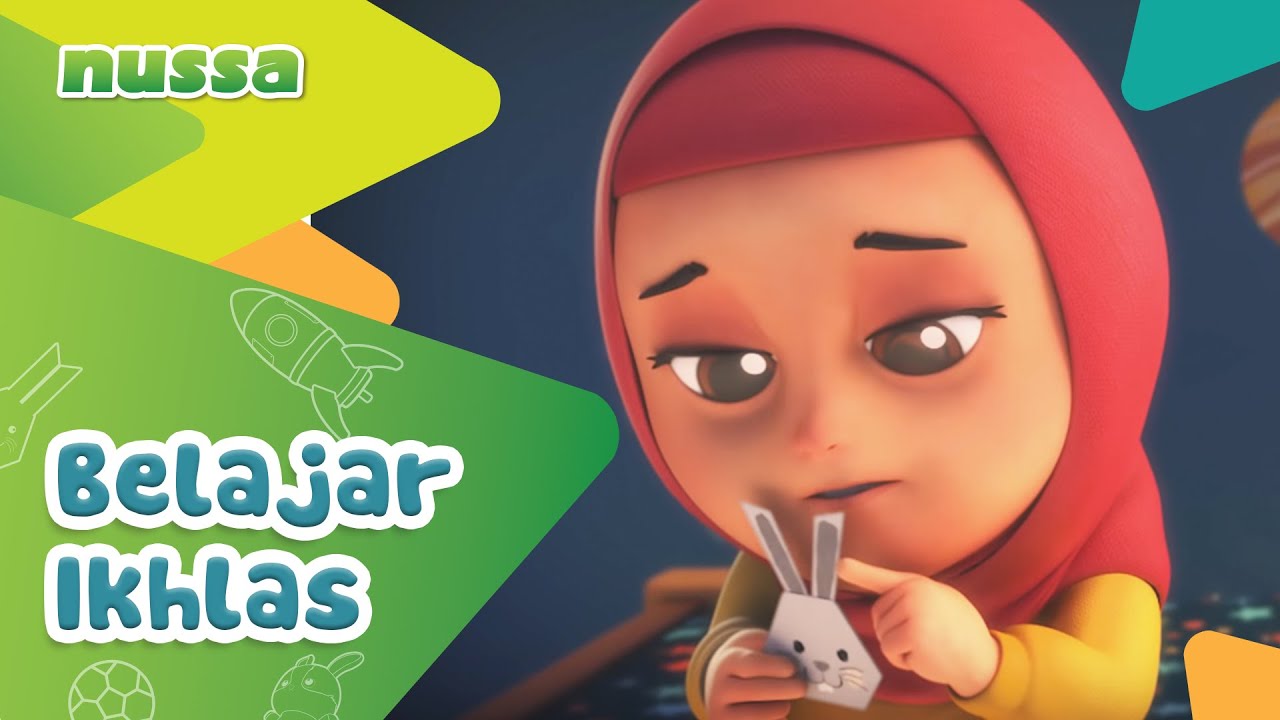Dialogue Mistakes New Writers Make ❌ Avoid These Cringeworthy Cliches!!
Summary
TLDRIn a lighthearted conversation, Nussa and Rarra explore themes of sincerity, gratitude, and acceptance. They discuss the importance of being genuine in relationships and express appreciation for the support they offer each other. Through their playful banter, the characters highlight how meaningful connections can foster a sense of belonging and understanding, encouraging viewers to embrace authenticity in their own lives.
Takeaways
- 😀 Avoid making characters express exactly how they feel; use subtext for more realistic dialogue.
- 😀 Subtext adds depth to dialogue by showing rather than telling emotions and conflicts.
- 😀 Characters should have distinct voices that reflect their backgrounds and personalities.
- 😀 Realistic dialogue often includes imperfections in grammar and vocabulary.
- 😀 Keep dialogue tags concise; excessive description can slow down the narrative.
- 😀 Use body language and subtle cues to convey emotions without lengthy explanations.
- 😀 Practice rewriting dialogue to enhance its natural flow and impact.
- 😀 Dialogue should reveal character motivations and fears without overtly stating them.
- 😀 Each character’s emotional response should be consistent with their personality and beliefs.
- 😀 Engage with audiences by sharing valuable techniques and training opportunities for improving dialogue.
Q & A
What is the main focus of the video?
-The video focuses on helping writers improve their dialogue to make it more realistic, emotional, and engaging.
What common mistake do many writers make in dialogue?
-Many writers make the mistake of having characters explicitly state their feelings, which leads to flat and unengaging dialogue.
What is subtext, and why is it important in writing dialogue?
-Subtext is the underlying meaning or emotions that characters convey without stating them directly. It is important because it makes dialogue feel more authentic and relatable.
Can you give an example of poor dialogue versus improved dialogue?
-In poor dialogue, characters might explicitly say, 'I cheated because I'm afraid of disappointing my father.' In improved dialogue, they might express frustration and defensiveness without overtly stating their feelings.
Why is it crucial for characters to have distinct voices?
-Distinct voices are crucial because they make characters feel unique and realistic, helping readers to differentiate between them and understand their backgrounds and perspectives.
What should writers avoid when using dialogue tags?
-Writers should avoid overusing descriptive language in dialogue tags, as it can slow down the pacing and make readers skip parts of the text.
What does the speaker recommend to keep dialogue engaging?
-The speaker recommends keeping dialogue concise and to the point while ensuring it reflects the characters' emotions and personalities through their actions and words.
What are the consequences of poorly written dialogue?
-Poorly written dialogue can pull readers out of the story, making it difficult for them to stay engaged and feel connected to the characters.
What is the goal of the live training mentioned in the video?
-The goal of the live training is to provide attendees with effective techniques for writing engaging dialogue, helping them to transform their writing.
What practical advice does the speaker give to writers working on dialogue?
-The speaker advises writers to practice rewriting dialogue, focusing on showing rather than telling emotions, and stripping down unnecessary descriptions for better pacing.
Outlines

このセクションは有料ユーザー限定です。 アクセスするには、アップグレードをお願いします。
今すぐアップグレードMindmap

このセクションは有料ユーザー限定です。 アクセスするには、アップグレードをお願いします。
今すぐアップグレードKeywords

このセクションは有料ユーザー限定です。 アクセスするには、アップグレードをお願いします。
今すぐアップグレードHighlights

このセクションは有料ユーザー限定です。 アクセスするには、アップグレードをお願いします。
今すぐアップグレードTranscripts

このセクションは有料ユーザー限定です。 アクセスするには、アップグレードをお願いします。
今すぐアップグレード5.0 / 5 (0 votes)






